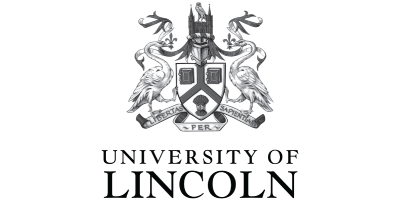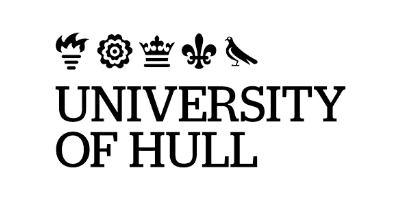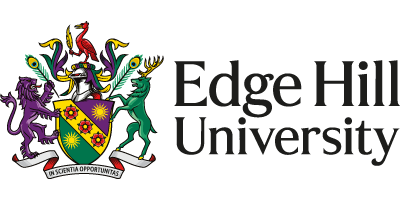
What students say about nursing

What you need to get on a course
Subjects you need
A-levels (or equivalent) usually required
- Biology or another science
Useful to have
- Psychology
- Sociology
- Chemistry
Application checklist
Here's a guide to what to expect from the application process - also check individual university entry requirements, as these may differ.
- January application
- October application
- Personal statement
- Portfolio
- Interview
- Entry test
- Work experience
- Audition
Personal statement advice
Your personal statement is a core part of your university application, and getting it just right takes time. Before you start work on yours, take a look at our five quick tips on writing a personal statement. We'll help you past that writer's block!
Six months after graduating
- Nursing and midwifery professionals
Longer term career paths
Jobs where this degree is useful
- Health service manager
- Paramedic
- Care home manager
Other real-life job examples
- Adult nurse
- Children's nurse
- Mental health nurse
What employers like about this subject
Studying for a degree in nursing will help you to develop skills in patient care, in case assessment and handling, and in multidisciplinary, clinical team-working. Other useful transferable skills that a nursing degree can provide include communication, time management, adaptability, problem-solving, and leadership. Nurses tend to work in hospitals, but can also work for GP practices, in clinics, for schools or universities, in the Armed Forces, in social or residential care homes and in the leisure industry attached to hotels or cruise ships.

Explore these related courses...
 Birmingham City University | Birmingham
Birmingham City University | Birmingham University of Southampton | Southampton
University of Southampton | Southampton University of Lincoln | Lincoln
University of Lincoln | Lincoln Nottingham Trent University | Mansfield
Nottingham Trent University | Mansfield University of Essex | Southend-on-Sea
University of Essex | Southend-on-Sea University of Gloucestershire | Gloucester
University of Gloucestershire | Gloucester University of Hertfordshire | Hatfield
University of Hertfordshire | Hatfield University of Huddersfield | Huddersfield
University of Huddersfield | Huddersfield University of Hull | Kingston upon Hull
University of Hull | Kingston upon Hull University of Sheffield | Sheffield
University of Sheffield | Sheffield Bristol, University of the West of England | Bristol
Bristol, University of the West of England | Bristol Canterbury Christ Church University | Chatham
Canterbury Christ Church University | Chatham University of East Anglia UEA | Norwich
University of East Anglia UEA | Norwich





























